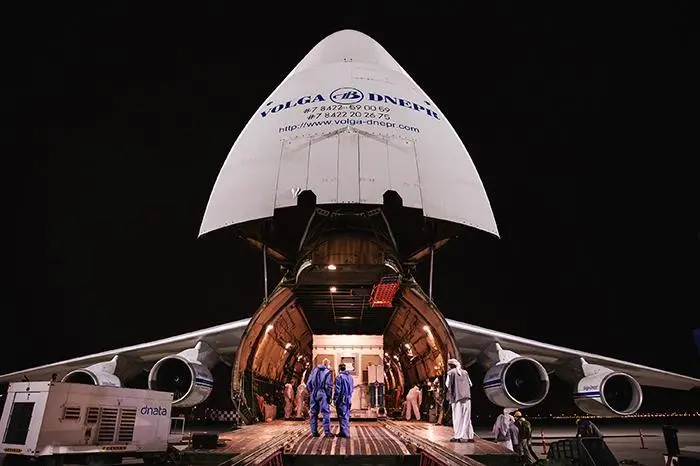PHOTO
The UAE is in the lead when it comes to the GCC space race, having launched 16 satellites, and an $810 million National Space Fund, a new report says.
The space tech industry is developing not just in the UAE but across the GCC, with trends going forward to include manufacturing of small satellites using new technology, enhanced broadband and mobile satellite operations, increased financial support for space tourism, earth observation and space exploration.
The SpaceTech in the GCC report said the UAE had shown a long-term commitment to space with its National Space Fund and had developed ties to international companies to develop space investment.
The Emirates Lunar Mission, the region’s first lunar project, is another example of the country’s commitment to space, with the Mohammed bin Rashid Space Centre (MBRSC) set to launch a lunar rover before the end of 2022.
The UAE is building the rover with Japanese company, iSpace, making it the first Arab nation to launch a mission to the moon.
The global market for commercial satellite imaging generated $5.2 billion in 2021 and is anticipated to grow at 11.5% year-on-year to reach $5.8 billion in 2022. The industry’s market size is expected to reach $12.4 billion by 2032, the report said.
Growing concerns about climate change, environmental degradation, and disaster are some of the factors driving market growth for commercial satellite imagery globally, it added.
Saudi Arabia, Qatar, Kuwait, Bahrain and Oman are all developing space projects.
(Reporting by Imogen Lillywhite; editing by Seban Scaria)




















